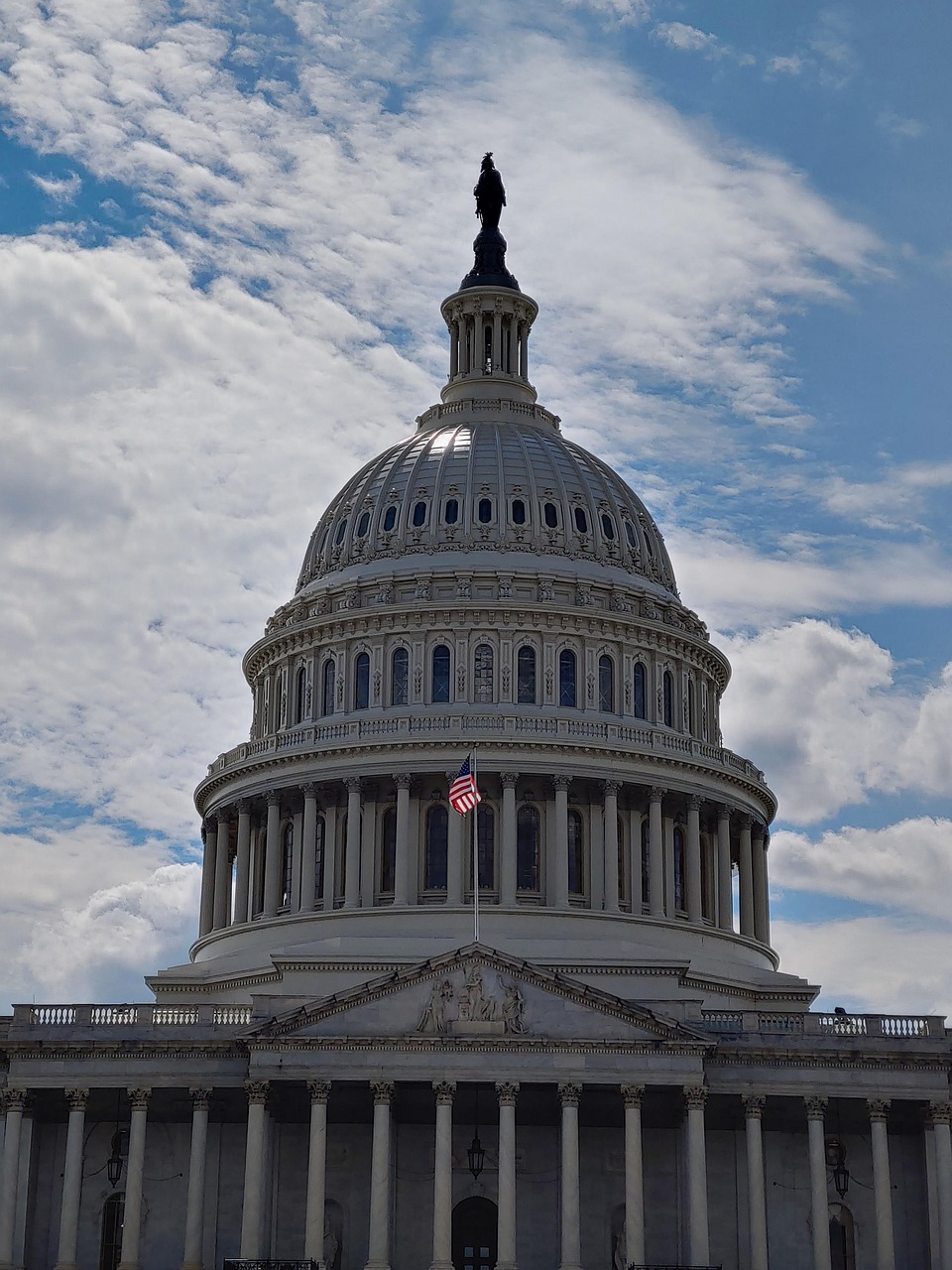A chilling photo of 5-year-old Liam Conejo Ramos in Minnesota has put a human face to rising concerns over aggressive immigration enforcement actions taken by ICE officials.
Since that photo made national headlines, we’ve learned that federal immigration agents detained the boy and his father outside their home in Columbia Heights, a Minneapolis suburb, as they returned from the boy’s preschool.
According to the superintendent of the school district, the boy was removed from the family vehicle in the driveway and was told by agents to knock on the family’s door to see if anyone else was inside. The family said ICE agents used the boy in an attempt to coax his mother out of the house — something she avoided doing out of fear of being detained while pregnant and caring for another teenage son.
DHS denies these claims, saying the boy was taken into custody only after his father told officers he wanted the child to remain with him. Officials said they attempted to place the boy with relatives before detaining him alongside his father. Following the incident, DHS issued a statement on X, stating, “Parents are asked if they want to be removed with their children, or ICE will place the children with a safe person the parent designates.”
 Visa Lawyer Blog
Visa Lawyer Blog











